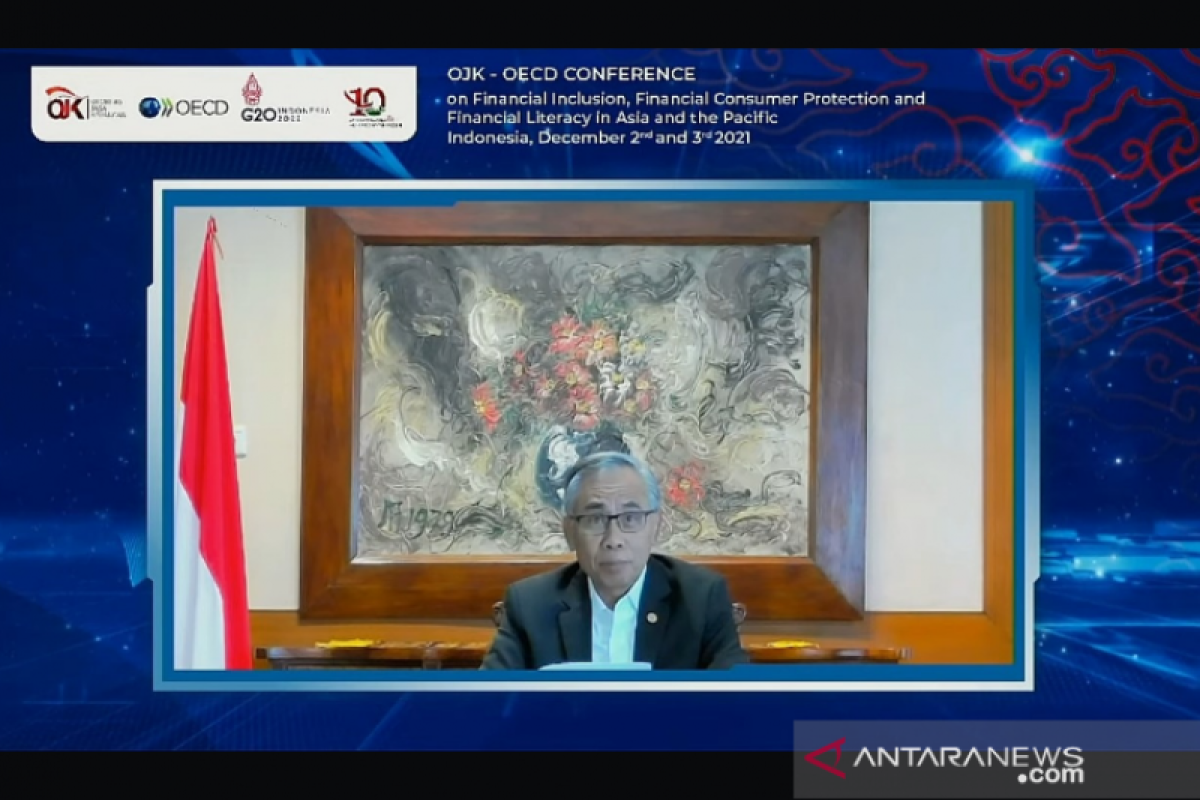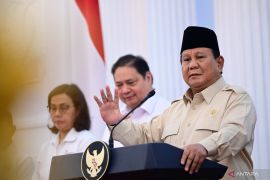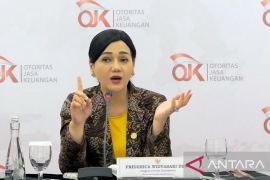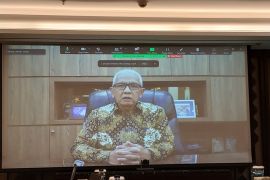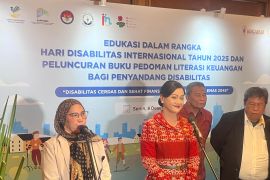"However, this has not only happened in Indonesia; the same situation has occurred all over the world," he remarked at the OJK-OECD Conference here on Thursday.
Therefore, OJK needs to achieve a balance between innovation, risk mitigation, and consumer literacy to ensure the protection of clients and increase financial inclusion, he said.
The level of financial inclusion in Indonesia has risen from 67.8 percent in 2016 to 76.2 percent in 2019, he noted.
However, regrettably, financial literacy has not grown as quickly, reaching just 38 percent in 2019, Santoso said.
For instance, consumer interest is high in cryptocurrencies and other new digital products emerging around the world that offer large investments and gains, he pointed out.
"However, this kind of investment is very risky because it has no fundamental value," he opined.
Related news: Financial literacy necessary to reduce illegal online loan cases
According to Santoso, regulators across the world have deemed this a serious matter and argued that financial digital products can be used for money laundering activities.
Many regulators are facing challenges in raising consumers' literacy, which would allow the community to better understand the products and services they use, he said.
"Even in a state-of-the-art digital financial transaction, consumers' literacy needs to be improved. This is important to guarantee the safety of consumers, investors, and their financial transaction ambition," Santoso added.
Financial literacy is key to preventing crimes in the digital finance world, according to Wahyu Budi Nugroho, a sociologist from Udayana University. It is important to reduce the risks of illegal online loan cases, he added.
Related news: Jokowi asks related industry to do financial literacy across Indonesia
Translator: Agatha V, Kenzu T
Editor: Suharto
Copyright © ANTARA 2021
